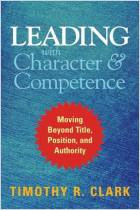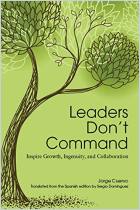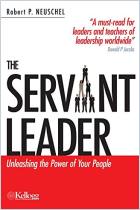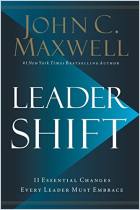Зарегистрируйтесь на getAbstract, чтобы получить доступ к этому краткому изложению.

Зарегистрируйтесь на getAbstract, чтобы получить доступ к этому краткому изложению.
Mats Alvesson, Martin Blom and Stefan Sveningsson
Reflexive Leadership
Organising in an Imperfect World
SAGE Publications, 2017
Что внутри?
Sometimes, organizations don’t need leadership at all.
Recommendation
Lund University’s Mats Alvesson, Martin Blom and Stefan Sveningsson offer a different take on leadership. Their leadership theory proposes that organizations don’t always need leaders. The authors base their recommendations on empirical studies, their original research and the concept of “reflexivity” in modern leadership. Though they can be pedantic, they are writing for an audience of leadership academics and industry consultants first and corporate executives second. Still, their call for thoughtfulness and reflection can help leaders in all settings think more deeply about their roles.
Summary
About the Authors
Mats Alvesson, PhD, teaches at Lund University, the University of Queensland and Cass Business School and has published about 30 books on reflexive methods and related topics. Martin Blom, PhD, teaches strategic management at Lund, where Stefan Sveningsson, PhD, teaches business administration.




















Comment on this summary